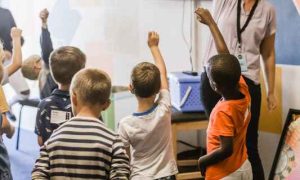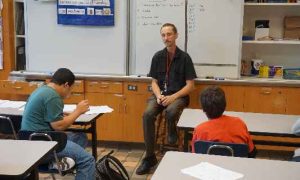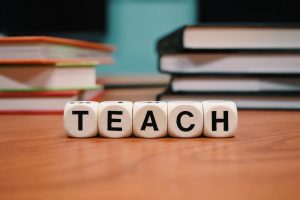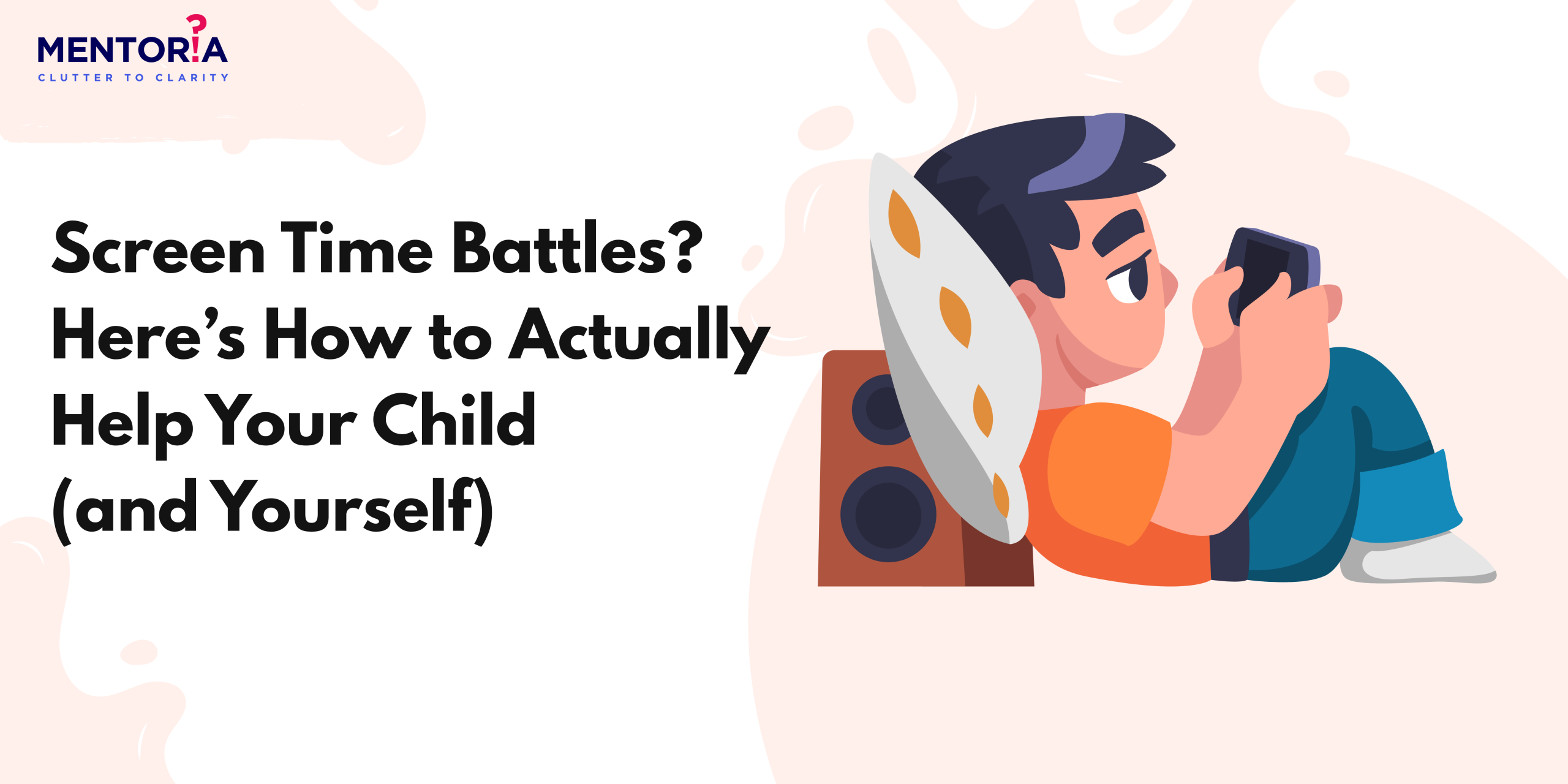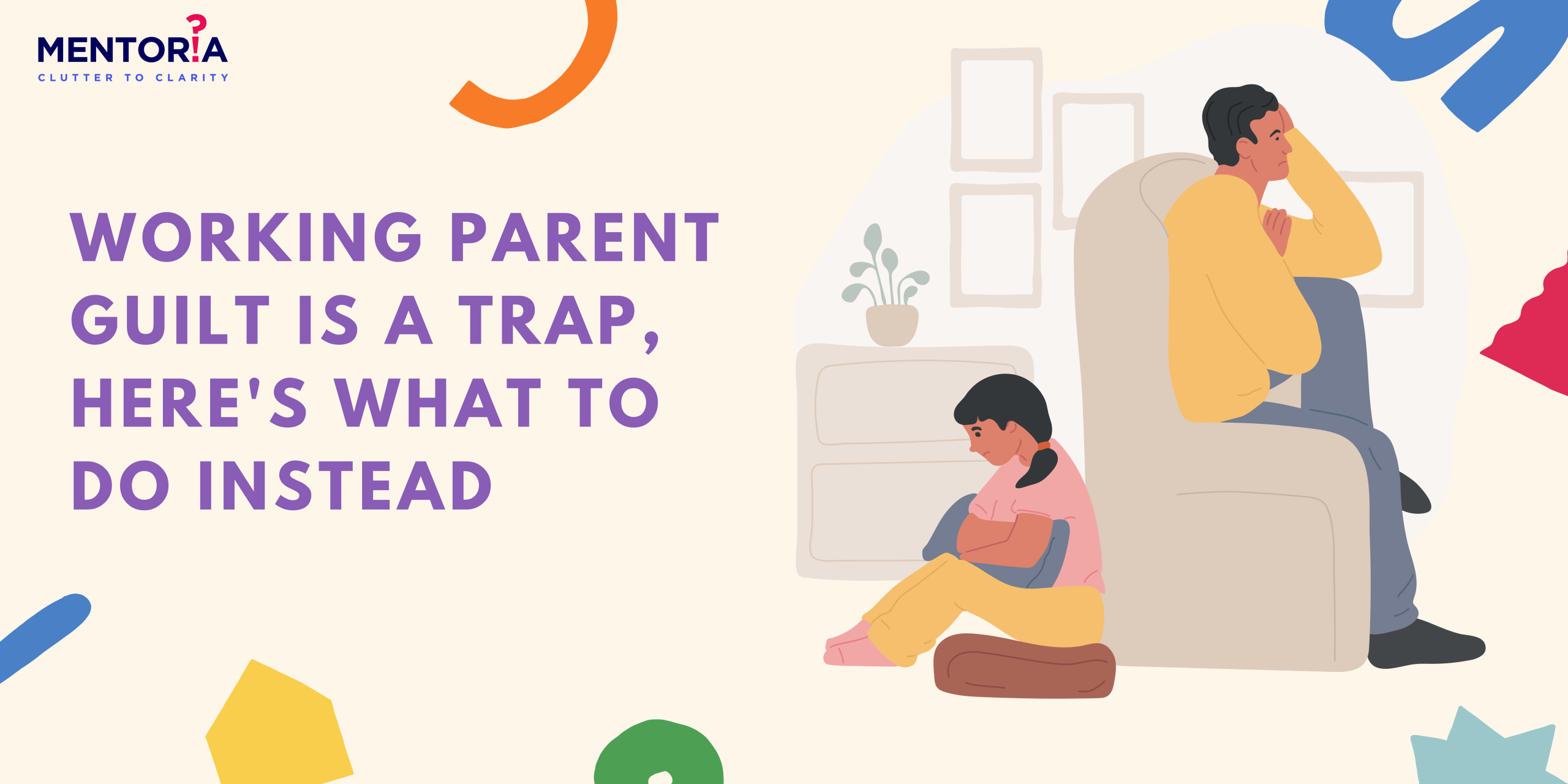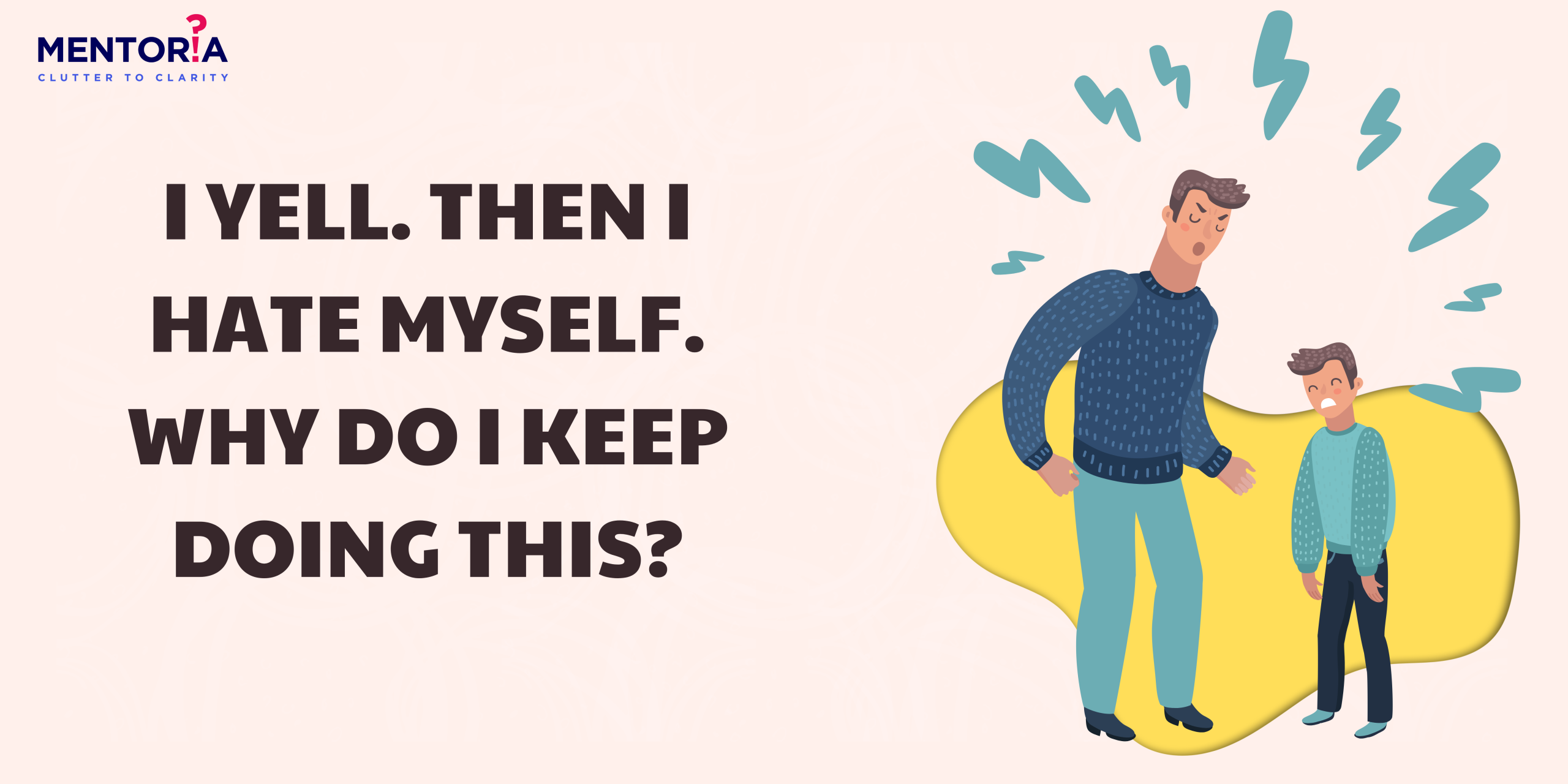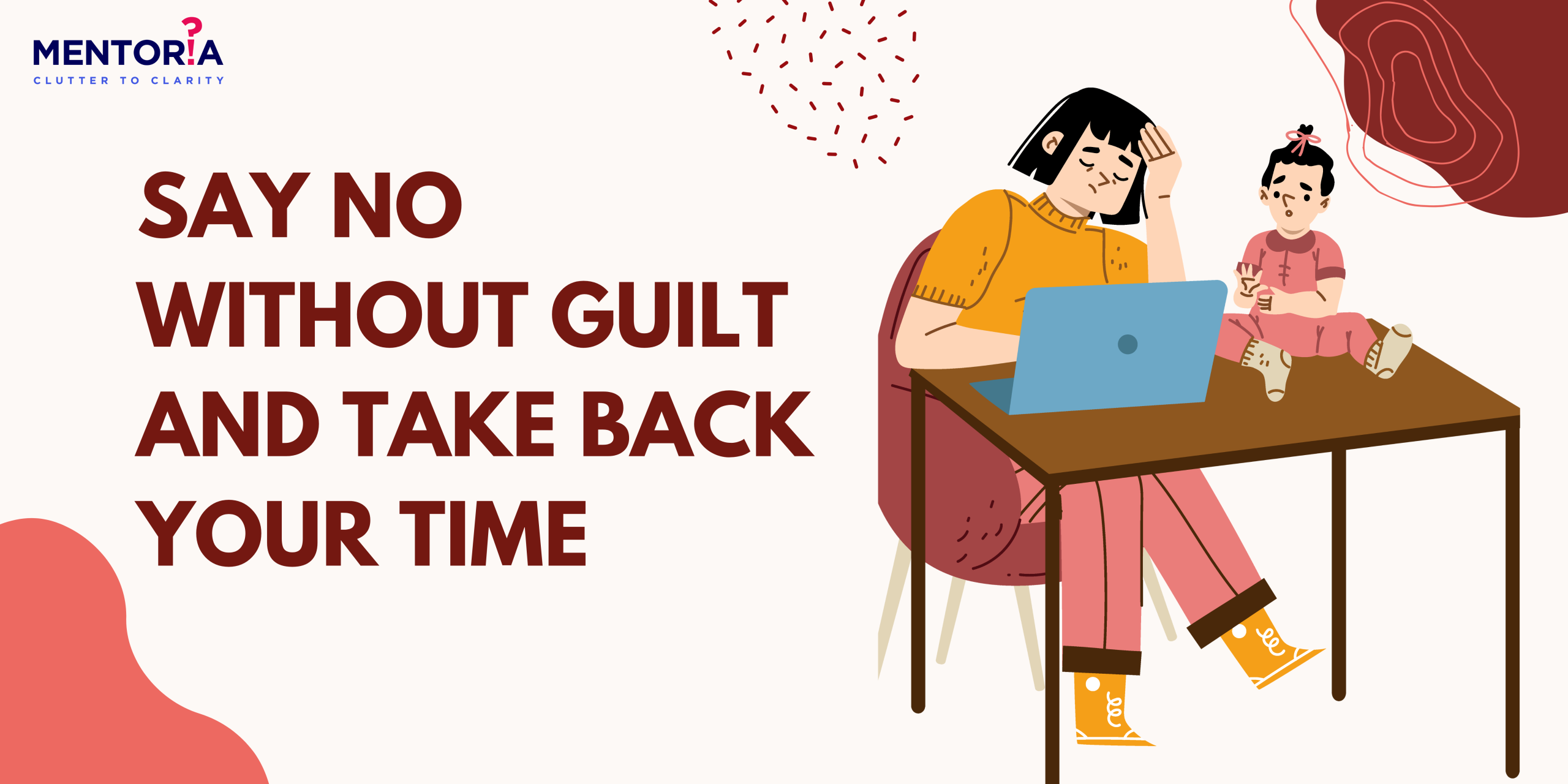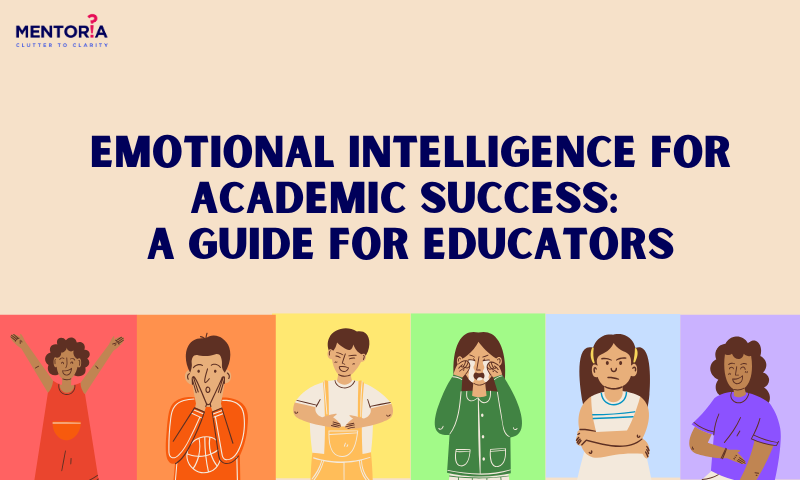Rethinking Traditional Exams: Approaches To Gauge Student Skills
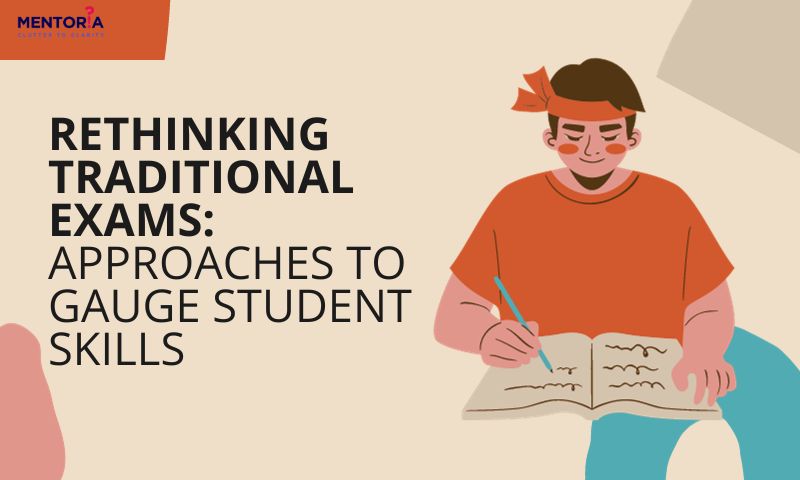
We’ve all been there, right? Sweating bullets, fidgeting in your seat, trying to recall every little detail you crammed into your brain the night before. Traditional exams – they’re like a rite of passage in the world of education, but they can feel more like a high-stakes tightrope walk. The good news is, the educational landscape is evolving, and the era of one-size-fits-all assessments is slowly giving way to more innovative and, dare we say, enjoyable ways of measuring what we’ve learned. In this blog, we’re going to dive headfirst into the refreshing pool of alternative assessment methods. Picture a world where you can showcase your knowledge through projects, discussions, or even hands-on experiences, rather than cramming facts onto a sheet of paper under the unrelenting gaze of a ticking clock. So, get ready to bid farewell to the world of traditional exams, and say hello to a realm of creativity, practicality, and genuine learning.
Exploring 8 Alternatives
Gamified Learning And Assessments
Imagine a world where learning feels like playing a video game. Well, it’s not just a dream. Gamified learning and assessments are here to make education an adventure.
Traditional exams might feel like a marathon, but gamified assessments turn the process into a fun sprint. They utilise game elements like points, rewards, and competition, creating a dynamic and engaging learning experience.
One remarkable example is Kahoot! – an online platform that allows educators to create game-based quizzes. Students answer questions with excitement, as the competitive element adds an extra layer of engagement.
Digital Portfolios: Showcasing Growth And Creativity
Traditional exams can often stifle creativity and holistic understanding. But with digital portfolios, students have the opportunity to showcase their journey and development in a personalised way.
Students can compile a diverse array of work, such as essays, projects, artwork, and videos, into a digital portfolio. This not only allows them to express their creativity but also presents a comprehensive picture of their growth and achievements.
Peer And Self-Assessment
In the real world, collaboration and self-awareness are critical skills. So why not assess students in a way that promotes these attributes?
Peer assessment encourages students to evaluate each other’s work, providing a fresh perspective and valuable feedback. Self-assessment, on the other hand, encourages introspection, helping students understand their strengths and areas for improvement.
Interactive Discussions And Debates
Traditional exams often lack the element of discussion and debate. But, by incorporating these activities into the assessment process, students can explore complex issues and develop essential skills like persuasion, critical thinking, and communication.
In a debate-based assessment, students present their arguments and counterarguments, fostering a deeper understanding of the topic. It’s not just about memorising facts; it’s about applying knowledge effectively.
Real-World Problem Solving
One of the less-known gems in student assessment is real-world problem-solving. Instead of hypothetical scenarios in traditional exams, this approach presents students with genuine, complex challenges.
In a Project-Based Learning (PBL) environment, students tackle real problems, such as developing sustainable solutions for their community or creating innovative products. They learn valuable skills like teamwork, critical thinking, and adaptability.
Continuous Assessment: No More One-And-Done Exams
Say goodbye to the end-of-semester, high-stakes exams. Continuous assessment is all about breaking down the evaluation process into smaller, manageable parts.
Teachers assess students’ progress regularly, providing feedback and adapting their teaching methods accordingly. This method allows for ongoing improvement and reduces the stress associated with one-shot traditional exams.
Creative Expression: Art And Music As Assessments
Traditional exams may not always cater to the artistic souls among us, but alternative assessments can change that. Imagine expressing your understanding through art, music, or other creative outlets.
For example, in a literature class, students can create a song, a painting, or a short film inspired by a novel they’ve studied. This form of assessment not only encourages creativity but also deeper comprehension of the material.
Simulations And Role-Play: Learning By Doing
Simulations and role-play assessments immerse students in real-life scenarios. They must apply their knowledge to navigate these situations, honing practical skills.
In a history class, students could simulate a historical event or era, taking on roles and making decisions as if they were part of that time. These assessments bring history to life and foster a deeper understanding.
Mentoria’s Role In Shaping The Future Of Education
In this dynamic educational landscape, Mentoria plays a pivotal role. Our commitment to empowering students, educators, and institutions with comprehensive career guidance and academic support is at the forefront of this educational evolution. Through personalised mentoring, we help students identify their strengths and nurture their talents. Our team of dedicated mentors is here to guide them on their educational journey, advocating for holistic learning and growth.
Mentoria doesn’t just focus on academic success. We believe in shaping well-rounded individuals who can excel in a diverse range of fields. By offering alternatives to traditional exams and promoting a balanced approach to education, we equip students with the tools they need to thrive in a rapidly changing world.
